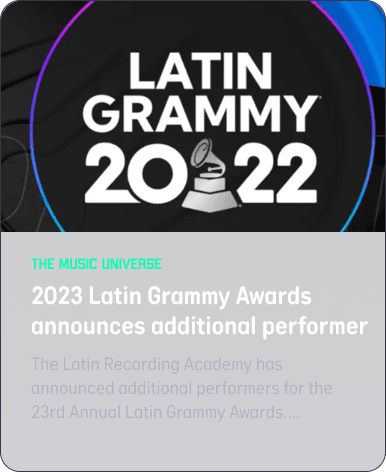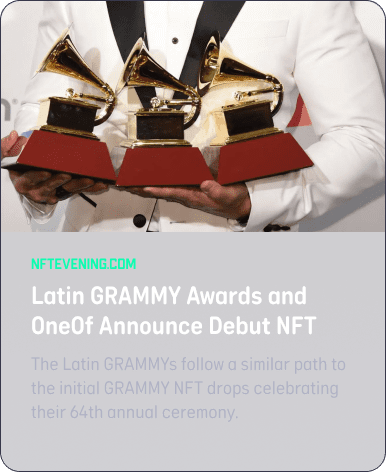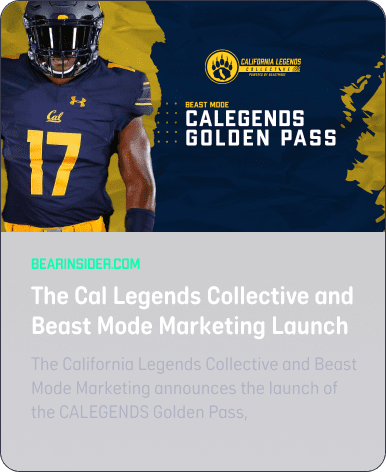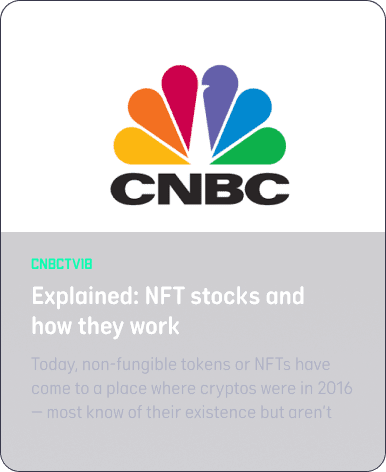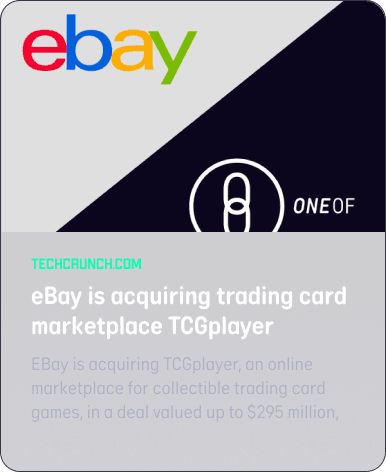Music artists are making what they’d earn from 1 million streams in ‘2 minutes’ with NFTs.
Now they’re turning toward Web3—right alongside Snoop Dogg

On 4/20, the rapper, songwriter and entrepreneur dropped Death Row Session: Vol. 2 as a non-fungible token, or NFT, on platform Sound.xyz. All 1,000 copies quickly sold out for a total of 100 Ether, or just over $300,000, in a single day.
Snoop isn’t new to Web3, a name for a decentralized iteration of the internet that relies on blockchain technology. He owns several digital assets, including CryptoPunk and Bored Ape NFTs, and has created many of his own in the past. He’s even previously released songs and a music video as NFTs. But this time, he did something different. On the mix, he included four musicians known for paving the way for artists in Web3: Iman Europe, MoRuf Adewunmi, Black Dave, and Heno.
Many celebrities have touted NFTs recently, either promoting their own collections or hyping a new investment. But up-and-coming musicians are increasingly turning toward the space as a more appealing way to earn a living than the options they may have in the traditional music industry.
Rather than relying on a label or a streaming service, blockchain technology allows artists to control their pricing, earn royalties in secondary market sales, and connect with their community. Artists like Europe, MoRuf, Black Dave, and Heno see Web3 as the future for the industry.
“Web3 is credible and a real thing,” MoRuf, 34, told Fortune. “This gave us a chance to live off our art and build a community that we never knew existed. That’s power.”
Web3 is ‘not a utopia. It’s not perfect. But it’s special.’
Although Europe, MoRuf, Black Dave, and Heno were just featured on a major mix with Snoop, they’ve all been selling music NFTs since 2021, a lifetime in the Web3 world. Black Dave, however, started making other kinds of NFTs way back in December 2020.
All with longtime experience in the traditional music industry, they initially got into Web3 for a variety of reasons, including better pay opportunities, access to community, and appreciation for the tech underpinning NFTs.
Europe, based in Los Angeles, has been in the music industry for more than 10 years, and began selling NFTs of her songs in November 2021. She says that artistic freedom is what first piqued her interest in Web3.
Europe lists her songs and albums as NFTs for thousands of dollars. She’s earned around $60,000 total.
Rapper Black Dave started making his music NFTs in March 2021, and also referred to Web3 “as a place to be free.” Based in Charleston, South Carolina, he didn’t have much “IRL success” in the traditional music industry, but has built up a Web3 following. The tech underpinning NFTs was especially appealing to him in the beginning.
“I was interested in experimenting with new ways to release content and media,” he said.
Among other things, the tech offers a transparent way for artists to be paid.
MoRuf has been “doing this music thing” for a decade, but started creating music NFTs after getting “pretty tired of the old traditional formula,” he said.
In about eight months, MoRuf, who is based in New York, dropped over 16 NFTs, and says he’s able to support himself and his family with the money he made. MoRuf earns thousands of dollars per drop, more than he’d earn from streams on a traditional service.
Streaming services pay artists less than a penny per stream, MoRuf explains, which “just doesn’t make any sense, especially for the independent artist.”
Rather than not being paid at all or having to wait a year for a royalty check, pay with NFTs is immediate, artist and producer Heno, 28, told Fortune. Artists can also make their own smart contracts, or collections of code that carry out a set of instructions on the blockchain. Smart contracts remove any reliance on a middleman or a record label: Artists can code a contract themselves to ensure that they’re paid appropriately for their work as it sells and resells, and deploy it when they release their NFTs.
Web3 “redefines what artists can create within their own power. It’s beyond groundbreaking,” MoRuf said.
Europe, MoRuf, Black Dave, and Heno have all been able to earn thousands of dollars per NFT drop, and additional royalties—typically at least 10%—from sales in the secondary market.
“This place is special. It’s not a utopia. It’s not perfect. But it’s special,” MoRuf said. “I quit my job just about a year ago, and it’s allowed me to be able to support myself and my family, as well as invest back into my art, from production, videos, et cetera. That’s the ultimate goal.”
